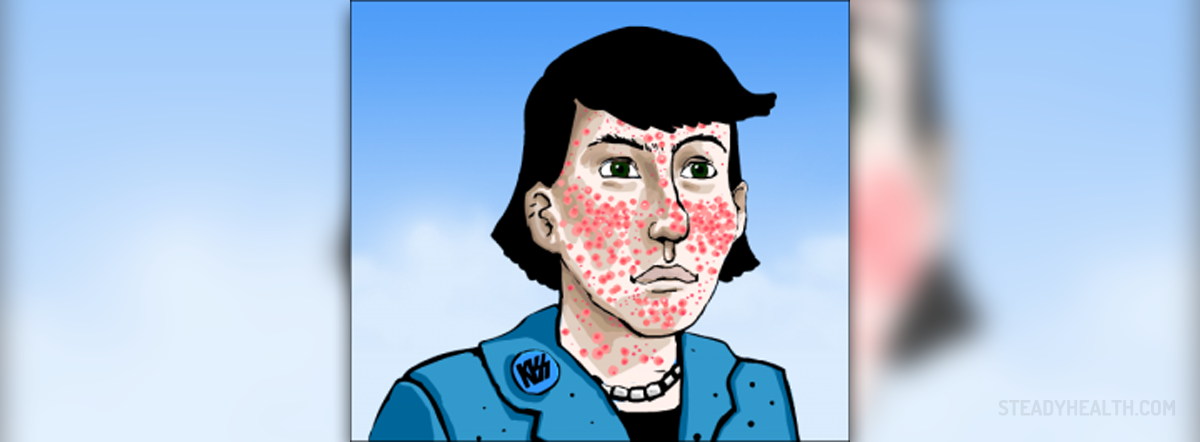
Acne Conglobata OverviewAcne conglobata is very severe and uncommon type of acne. This skin disease can have severe psychological impact on affected individuals as it causes embarrassment, stress and depression. This type of acne considerably disfigures face and affects social, emotional and other aspects of life of an individual. Acne conglobata is very difficult to get rid off and usually requires years of professional treatment.
Common form of acne that can be seen in many adolescents is known as acne vulgaris. On the other hand, acne conglobata are very rare and the most severe form of this skin disorder. The age of onset of acne conglobata is typically between 18 to 30 years. It is more common in men than in women although sometimes the condition may affect infants as well.
Causes of Acne ConglobataThe exact cause of acne conglobata is still unexplained. However, there are several factors that can induce development of acne conglobata. One of these triggers is exposure to toxic gases such as dioxins and Halogens. Use of anabolic steroids as well as discontinuation of testosterone therapy can trigger the disease as well. Deterioration of existing pustules, papules or acne cysts can result in acne conglobata too. Another possibility is that this type of acne develops as a result of acne that has lain dormant for years. People with family history of acne conglobata have increased risk of the disease.
Symptoms of Acne ConglobataAcne conglobata is characterized by numerous inflammatory lesions that are usually interconnected. Acne conglobata comedones often appear in groups of two or three.
The lesions commonly form on the face, neck, chest, upper arms and buttocks. Acne conglobata are often accompanied with widespread blackheads.
Inflamed lesions larger than 5 mm in diameter are known as nodules and they usually form around a group of comedones. Nodules grow until they break down and drain pus that returns after drainage.
Acne conglobata typically causes severe damage to the skin as it produces permanent, deep and irregular scarring.
Treatment for Acne Conglobata
The usual treatment of choice for acne conglobata is isotretinoin, known under the trade name Accutane. Isotretinoin is a derivate of vitamin A and it acts by reducing the secretion of sebum from sebaceous glands in the skin.
Isotretinoin is administered only when severe nodular acne has not responded to other forms of treatment. It is taken orally for a course of 15-20 weeks.
However, isotertinoin entails many adverse effects such as dry skin, dry and cracked lips and dry mouth and nose. Mild joint and muscle aches are also common. Isotretinoin must not be used in pregnancy as it can lead to miscarriage or birth of a deformed baby.


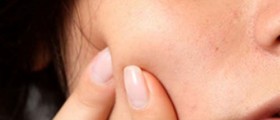


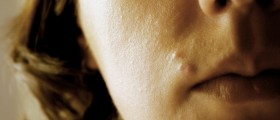

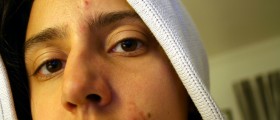

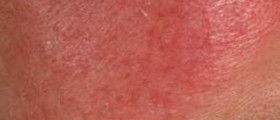


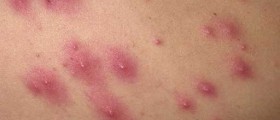
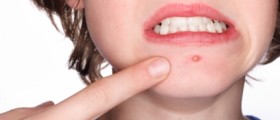



Your thoughts on this
Loading...